A US presidential election is a years-long process. No sooner does the winner take the oath of office on January 20 before speculation begins about the next contest.
Barring any 11th-hour surprises, the election in November will be a repeat of the last contest in 2020, as the Democratic incumbent President Joe Biden seeks re-election against his predecessor Donald Trump, who the Republicans appear ready to nominate again.
Repeat contests in US presidential elections are relatively rare, and if the 2024 election is indeed a sequel to 2020, it would only be the seventh time in 235 years that the same two candidates had squared off in consecutive votes.
The historical record is mixed. In the initial three cases, the victors in the first of the two elections – John Adams in 1796, his son John Quincy Adams in 1824, and Martin Van Buren in 1836 – lost their re-election bids to the same foe they had vanquished previously (Thomas Jefferson, Andrew Jackson and William Henry Harrison, respectively).
In the most recent cases, William McKinley twice defeated the firebrand orator William Jennings Bryan in 1896 and 1900 – and Bryan would go on to lose a third election to William Howard Taft in 1908 – while Dwight Eisenhower achieved the same feat against Adlai Stevenson II in 1952 and 1956.
The most analogous case – the only prior occasion when two presidents have faced off against one another as the nominees of the two major parties of the day – was in 1892.
In 1888, Democratic incumbent Grover Cleveland lost his re-election bid against Benjamin Harrison, despite outpolling him in the popular vote. Four years later, renominated by the Democrats, he turned popular-vote victory into an electoral college win, and became the only US president (thus far) to serve two non-consecutive terms in office.
So, not since the 1950s have we seen a presidential rematch – and, indeed, Richard Nixon in 1968 was the last candidate nominated by either party that had previously lost a presidential election (to John F Kennedy in 1960). Parties don’t tend to like “losers”. Thus, being nominated having previously been defeated as a candidate is relatively rare.
Will Donald Trump ‘pull off a Cleveland’?
It’s difficult to learn too many lessons from any of these past cases. Every presidential election is unique, taking place in a particular space and time, impacted by local, national and international circumstances, candidate characteristics, economic conditions, public opinion and a whole lot more besides.
There’s no real pattern to speak of. If you back Joe Biden to win, you can point to the two recent repeats showing the incumbent comfortably securing re-election. If you expect Donald Trump to “pull off a Cleveland”, the first four cases provide evidence of first-time-losers achieving revenge in the sequel. You pay your money, you take your choice.
Average male life expectancy in the US is 73.2 years. Voters might be increasingly concerned with each candidate’s choice of running mate
We also have very specific circumstances this time around. Joe Biden is 81 years old, and would comfortably be the oldest person elected president, beating his own record from 2020 if he wins re-election. Donald Trump will be 78 by election day, and would also beat Joe Biden’s age record in 2020 if he were to win.
Without dwelling too much on the point, average male life expectancy in the US is 73.2 years. In other words, statistically speaking, voters might be increasingly concerned with each candidate’s choice of running mate.
There’s not much we can bank on
Even without considering the age of Biden and Trump, the forthcoming election stands against the backdrop of increased political polarisation domestically, conflict in the Middle East and Ukraine, the increasing prominence of social issues (such as access to abortion) and “culture wars” over… well, just about everything, from trans rights to Disney.
And that’s without mentioning the Capitol riots on January 6, 2021, and the subsequent (second) impeachment trial of Donald Trump.
With the primary season in full swing and Republican challengers to Donald Trump’s candidacy dropping out of the race and endorsing him, it looks very much like the ballot paper for November will be set early.
But, in this election year, that’s one of the few things we can bank on. Strap yourselves in: it’s going to be a bumpy ride.
Dr Malcolm Harvey is a lecturer in politics at the University of Aberdeen
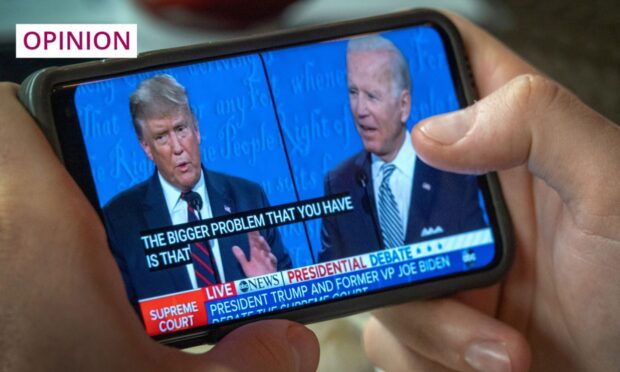
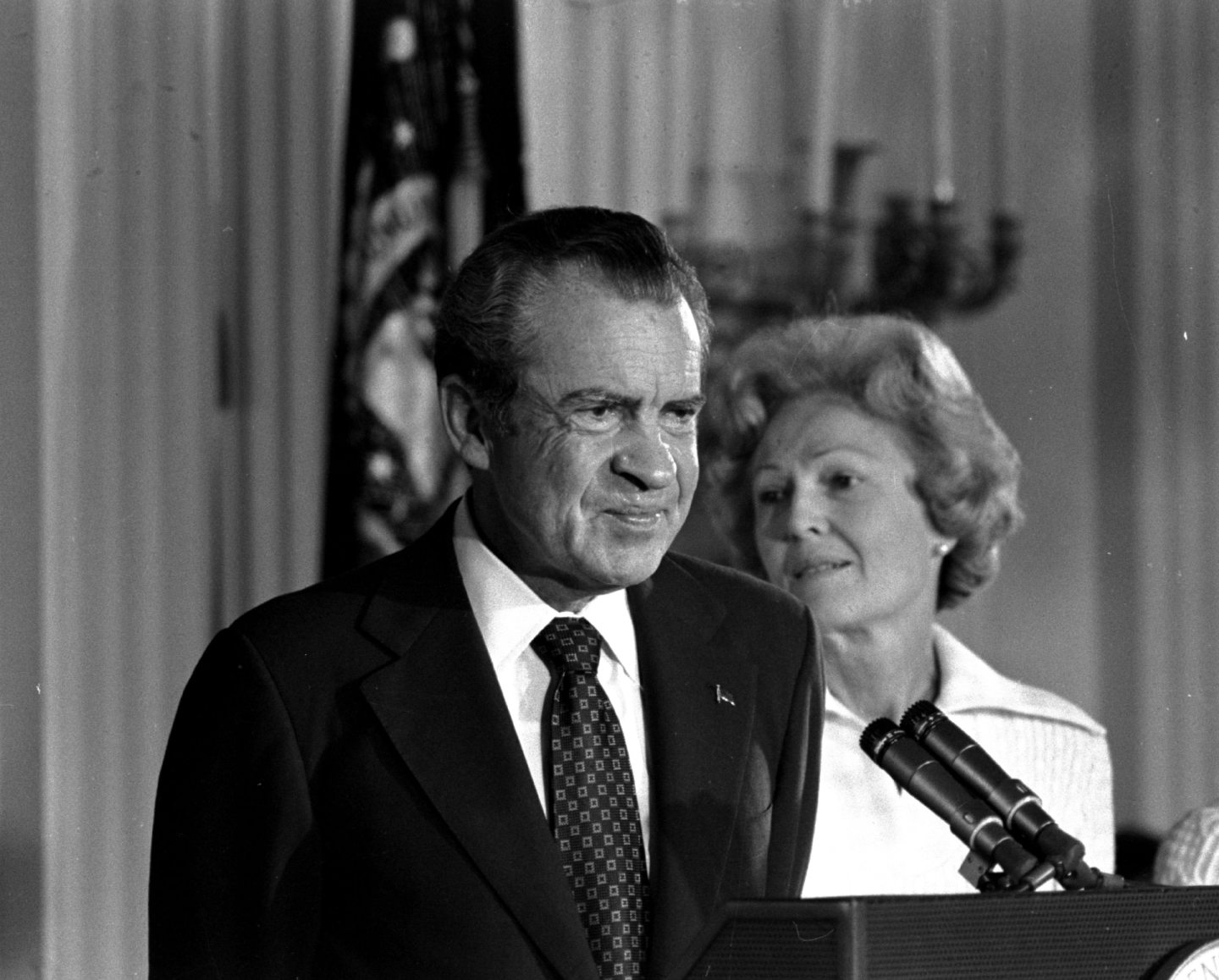
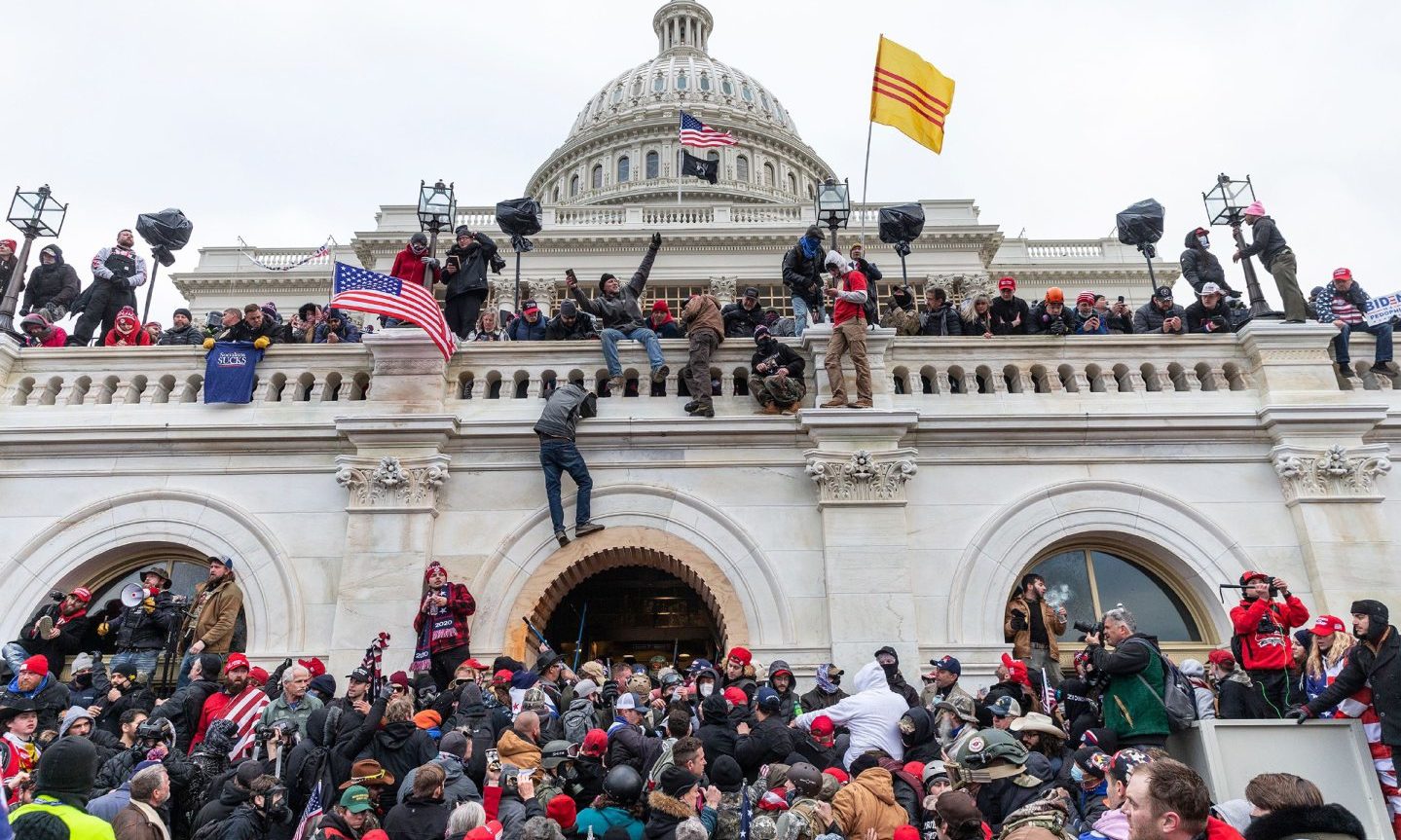
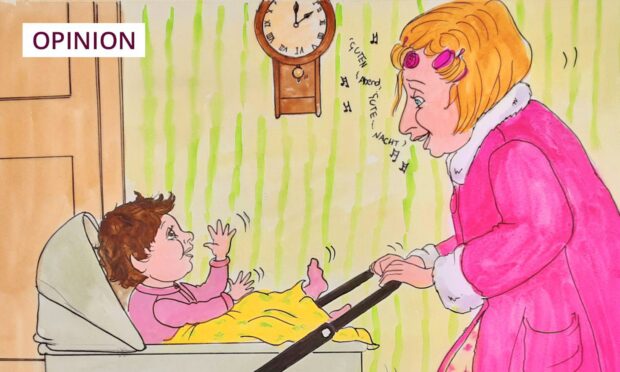

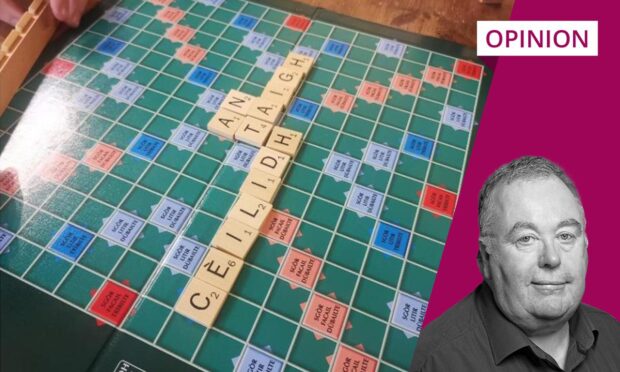


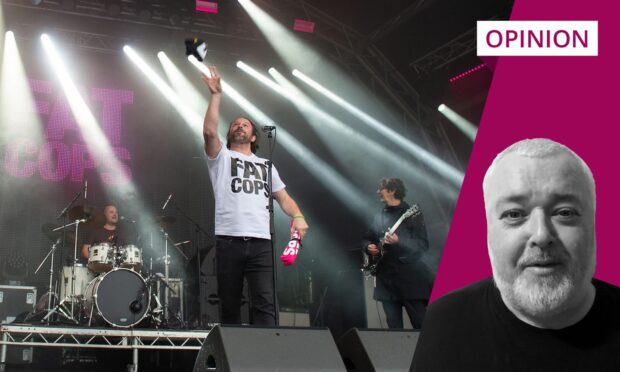




Conversation